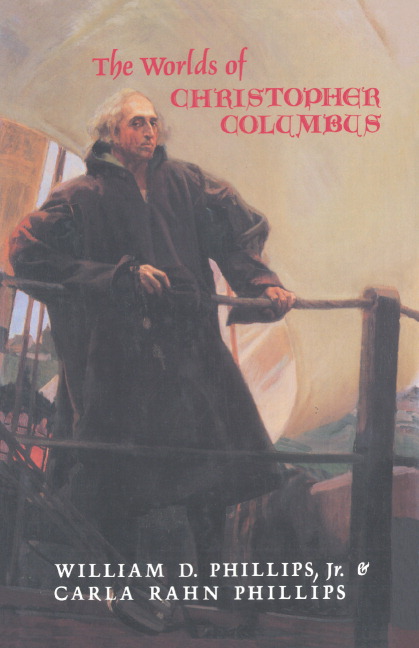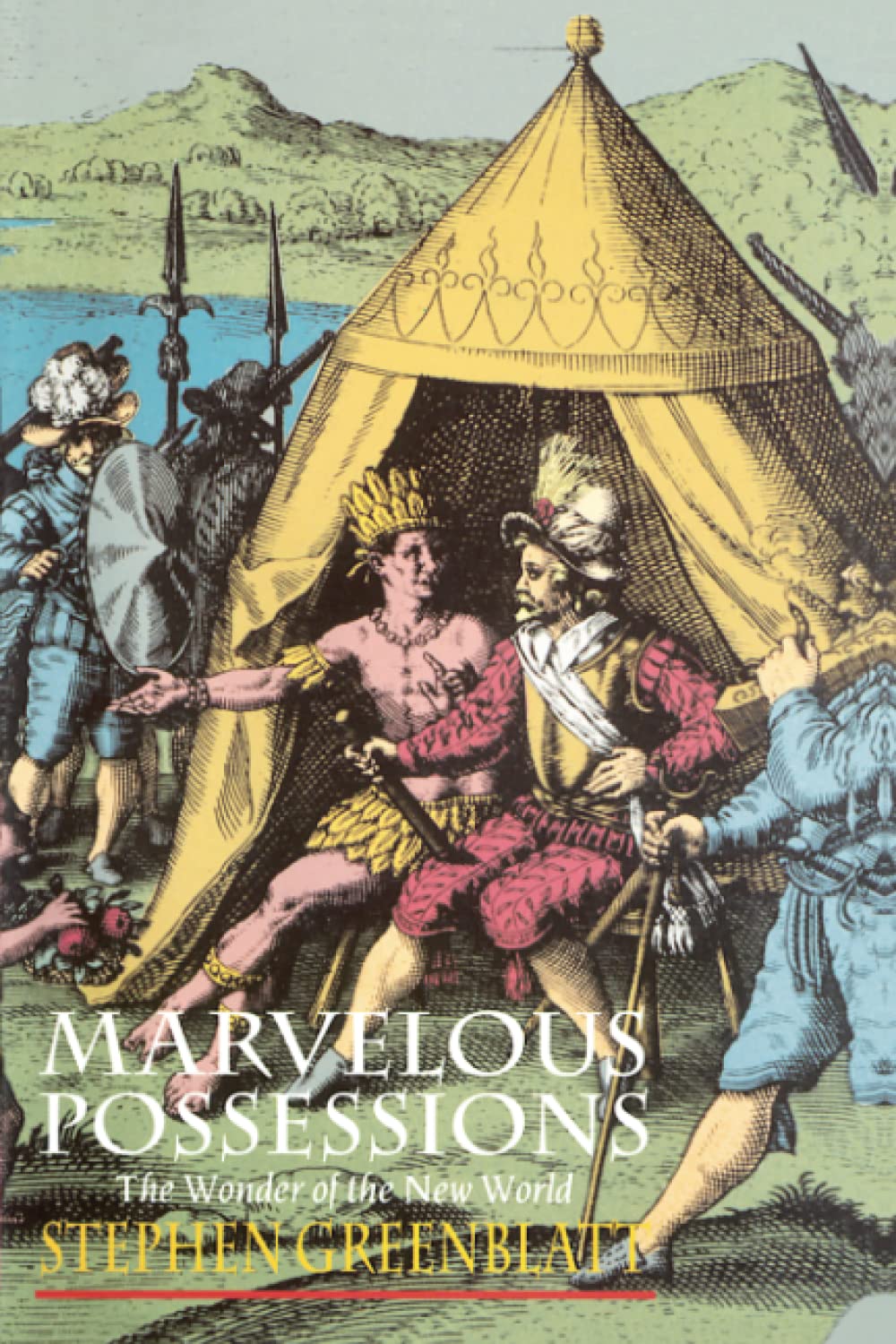Those who treat Columbus apart from his time have marveled at the nerve, arrogance, and greed that made him set such a high price on his services—a created title, a portion of the spoils, an estate in perpetuity for his heirs. Yet that is precisely the way people without status of their own bargained their way by contract into a world of solider patents. War, exploration, or finance—or all three—were the services one could offer for such high stakes. The terms Columbus extracted from his monarchs resemble the condotta (terms of service or “conduct”) wrested from cities by the mercenary soldiers who were called, after these contracts, condottieri. César set out to make himself Duke of Romagna much as Columbus would be Admiral of the Ocean Sea. We are used to thinking of Spanish conquistadores as the New World’s condottieri. We do not often enough rank their sea-borne brothers with those upwardly mobile mercenaries; but the discovery-minded King John II of Portugal had to recruit his explorers with ever higher portions of the booty they turned up. Queen Elizabeth would have a similar experience with her mercenary sea captains. John Hawkins was performing for his monarch the same kind of service the English condottiere John Hawkwood had provided his patrons in Italy during the fourteenth century.
These climbing entrepreneurs of glory tried to “marry up” and provide for their heirs—Columbus did not jeopardize his illegitimate son’s future by wedding the boy’s mother. He was hoping to marry well after he established all his claims. Many condottieri spent their last years quibbling with their employers over payment for their services. Others, of course, ended up in the lavish chapels they had provided for themselves.
Benefactions to the church were bids toward proving that newcomers were as solid members of society as the royalty or landed nobles. This should be kept in mind when we consider Columbus’s ambition to finance a new crusade with gold from his expeditions. There is no doubt that Columbus was sincerely religious; but when we read his Book of the Prophecies, in a new translation by the late August Kling, it is easy to make of him a mystic in some private sense, rather than a man who was responding to forces manifest in comparable acts of conquering piety.
It should be evident, by now, that what little we can know of Columbus will come not only from the slender body of writings by and about him in the Renaissance, but from a study of his whole social background. Some have treated the approach to “the world of Columbus” rather than “Columbus the man” as a capitulation to multicultural or anti-elitist pressures of the moment. On the contrary, putting Columbus back in his full historical context is a scholarly labor too long delayed.


